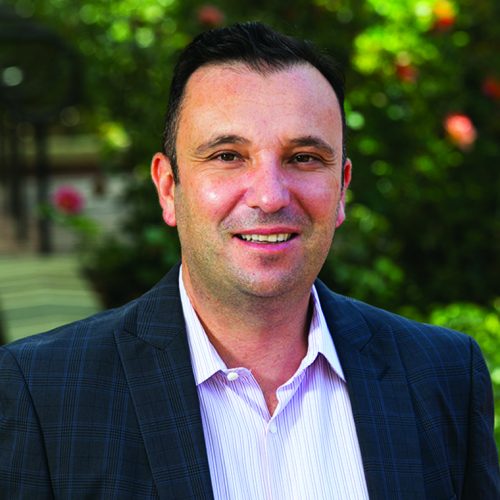Event Date
Event Overview
Even if post COVID-19 employers provide increased opportunities for telecommunting, Los Angeles traffic will likely continue to be a major problem. In February, Los Angeles METRO announced that it is exploring a new approach to tackle congestion, considering congestion pricing coupled with more high-quality transportation options. Several proposals have been discussed: one option consists of introducing a cordon toll around downtown L.A. Another option includes reducing traffic between the L.A. basin and the San Fernando Valley. Yet another would focus on reducing traffic along the I-10 corridor between Santa Monica and downtown L.A. Using big-data from a rich network of detectors located on all freeways in Los Angeles that measure real-time speed and flow (that is, car counts), this seminar highlighted a practical tool for policymakers to infer the effects of alternative strategies for reducing traffic congestion in Los Angeles.
Speaker

Dr. Antonio M. Bento is a professor at the Sol Price School of Public Policy and the Department of Economics of the University of Southern California. He is also a research associate of the National Bureau of Economic Research (NBER), and a research fellow of the Schwarzenegger Institute for State a Global Policy. Professor Bento received a BA in Economics from the Nova School of Business and Economics (Portugal) in 1996, and a PhD in Agricultural and Resource Economics (jointly with Economics) from the University of Maryland in 2000. He previously taught at the University of California, Santa Barbara (2000-2004), the University of Maryland (2004-2007), Cornell University (2007-2015), and has been a visiting professor at Stanford University, and a regular consultant to the World Bank. Professor Bento is an applied microeconomist with a research program in the areas of environmental, energy, urban, and public economics. Most of his work consists of theoretical and empirical assessments of major public policy issues, and his scholarly interests range widely both in topics and methods.
